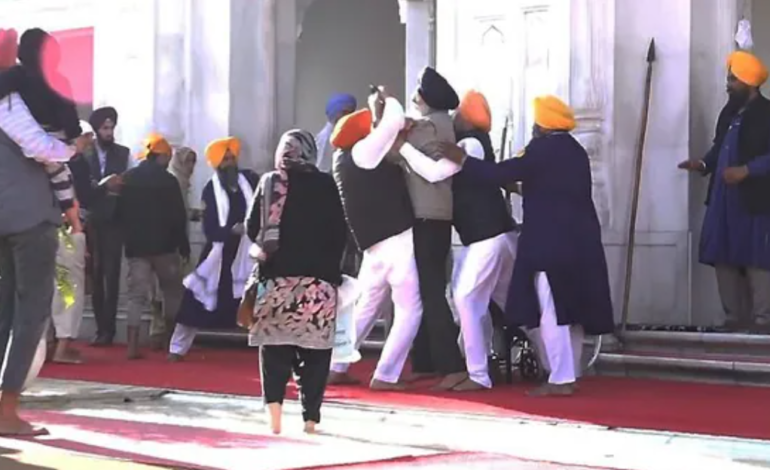
One of the pleasures of former editorship is enjoying the dilemma faced by gracious masters of ceremony who are in two minds on how to introduce “ex-editors” (an alliterative headline word): veteran journalist (translation: past expiry date like a Gelusil bottle) or senior journalist (euphemism for unemployed/unemployable hacks) or observer (a voyeuristic Peeping Tom that is not exactly a charitable description in polite company)?
Most MCs steer clear of the evocative and descriptive phrase “former editor”, possibly fearing that it would be taken as “has-been” editor. Against this backdrop, I found salvation this morning in an uncommon phrase the Press Trust of India (PTI) has used to describe the suspected shooter of Badal: “former terrorist”. PTI reported: “AMRITSAR: A former terrorist opened fire at Shiromani Akali Dal leader Sukhbir Singh Badal from a close range while he was performing the duty of ‘sewadar’ outside the Golden Temple here on Wednesday but missed as he was overpowered by a plainclothes policeman.”
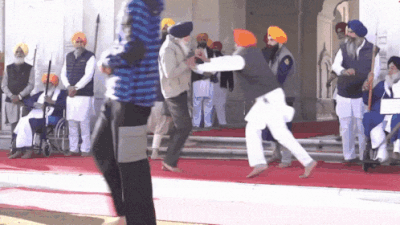
The phrase “former terrorist” is a forgiving and reformative term, much like “correctional homes” that has replaced “jails”. The inclusive phrase “former terrorist” also categorises terrorism as a day job from which you can presumably retire. The next level in precise journalism should be “retired terrorist”. It raises the pertinent question: what do you do when a terrorist applies for voluntary retirement — do you offer a golden handshake in a hazmat suit? It is also not clear whether the said shooter had sent any resignation letter to the alleged terrorist outfit to which he had been linked.
Since William Safire — the oracle of language and the arbiter of usage who deployed merciless, if not outrageous, wordplay — is no longer around, I did not know how to check the chequered past of a “former terrorist”. I did find a reference in The New York Times. PTI will be happy to know that NYT had conferred such an honour on a subcontinental sibling: a Pakistan-origin “former terrorist” called Majid Shoukat Khan.
NYT reported in 2023: “BELIZE CITY — A small Central American nation, known for its barrier reef and ecotourism, has taken in a former terrorist turned U.S. government informant whose tale of torture by the C.I.A. moved a military jury at Guantánamo Bay to urge the Pentagon to grant him leniency.” But the NYT has a reason for calling Mr Khan a “former terrorist”. Although Mr Kahn had contributed to acts of terrorism, he was brutally abused and tortured and he served time.
He repudiated radicalism, cooperated with the US government in the fight against terrorism. Mr Khan pledged in a statement to become “a productive, law-abiding member of society”, adding: “I continue to ask for forgiveness from God and those I have hurt.” The suspected shooter PTI has described as “former terrorist” has been in and out of prison but it has not been reported in the agency report whether he had been convicted of any crime.
Neither is it clear whether he had admitted to being a terrorist and whether he denounced terrorism. In the absence of such information, I am not sure how PTI reached the conclusion that the suspect is a “former terrorist”. I am also not sure if the suspected shooter, an alleged member of a pro-Khalistani banned group, had surrendered. Which makes him a “surrendered” terrorist, a phrase that commands a certain degree of official precedent.

The erstwhile Saikia government (I think) in Assam gifted us an innovative phrase: Sulfa (Surrendered Ulfa). Never mind that Gerhard Domagk introduced the term “sulfa” to describe the first successful chemical treatments for bacterial infections in humans. Now that the suspected shooter has returned to terrorism (opening fire at a former chief minister qualifies so, I suppose), will it be more apt to say “former-terrorist-turned-incumbent-suspected-terrorist”? Should he be convicted, can it be “former-terrorist-turned-incumbent-terrorist”? The PTI desk has a lot to chew on.
The phrase “former militant” (used by The Indian Express, The Hindu, and The Times of India) is clear. It suggests that a person had been a member of an outfit that supported militancy and that he may no longer be the member of that organisation or that the organisation does not exist any more or that he had denounced militancy.
In India, too, most of the media have fallen prey to the intimidatory tactics so much so that all insurgents in Kashmir are now called terrorists, not militants or extremists as was in the case in the last decades of the 20th century. The same goes with “martyrs”. Some newspapers indiscriminately use the term to describe slain soldiers, even before the circumstances that led to the death are clear or established.
The Indian Army has gone to the extent of issuing a letter to all its commands, discouraging the use of “martyrs” to describe soldiers killed in the line of duty. “Martyr refers to a person who suffers death as a penalty for refusing to renounce a religion or a person who suffers very much or is killed because of their religious or political beliefs,” the Indian Army’s letter in 2022 said.

In 2014, the Indian Army issued a circular for retired personnel informing them that the correct form of addressing a retired officer is “Rank ABC (Retd) and not Rank (Retd) ABC”. An example is: “Brigadier Sant Singh (Retd)”. The stated rationale of the army was, “Rank never retires, it is an officer who retires”. The army circular added that “the privilege is only given to service officers”. So, PTI should NOT say “Terrorist XXXX XXXX (Retd)”.



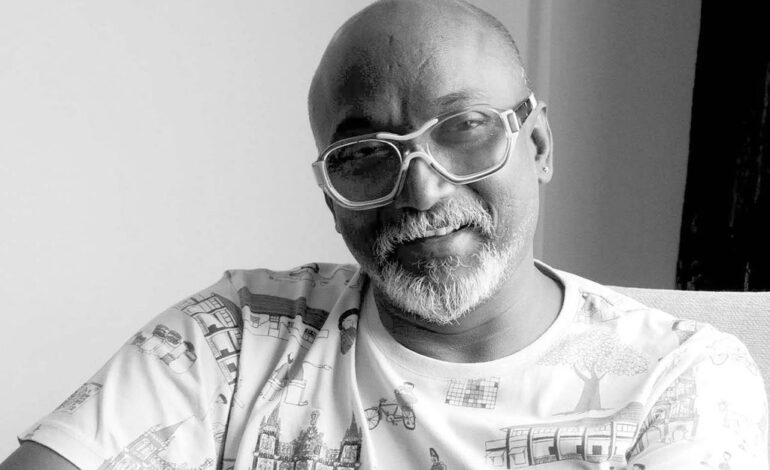
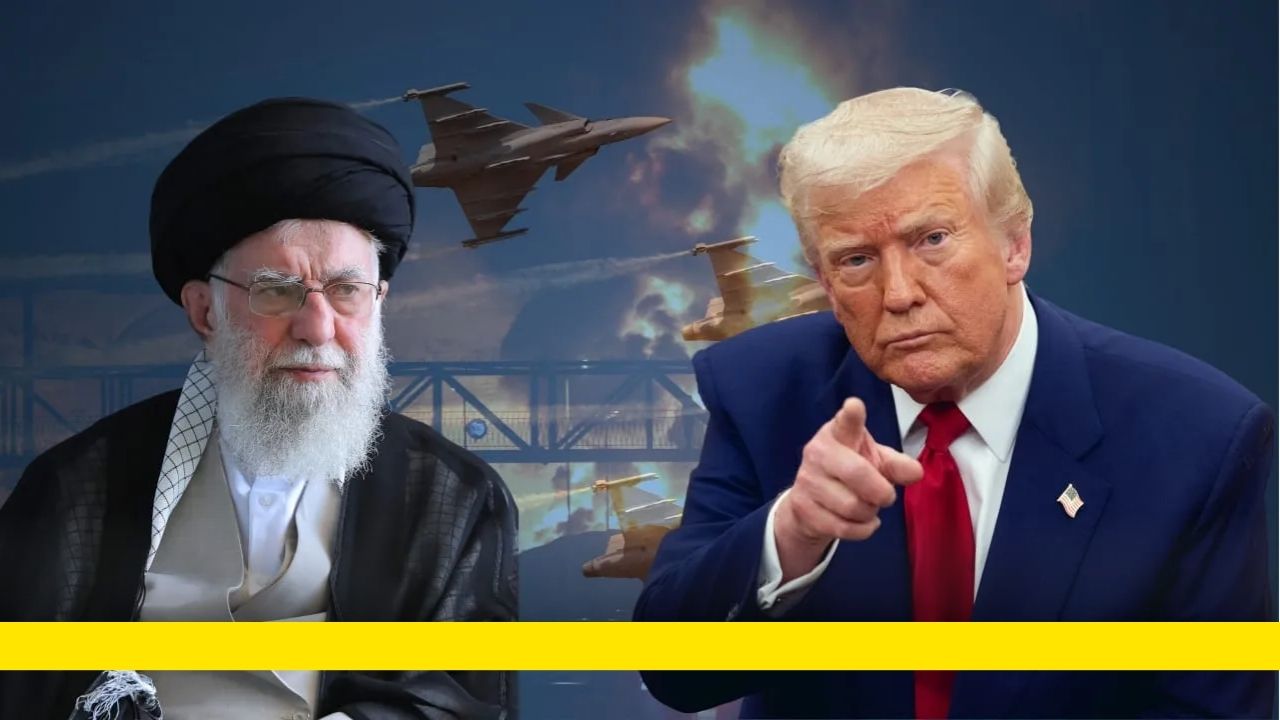


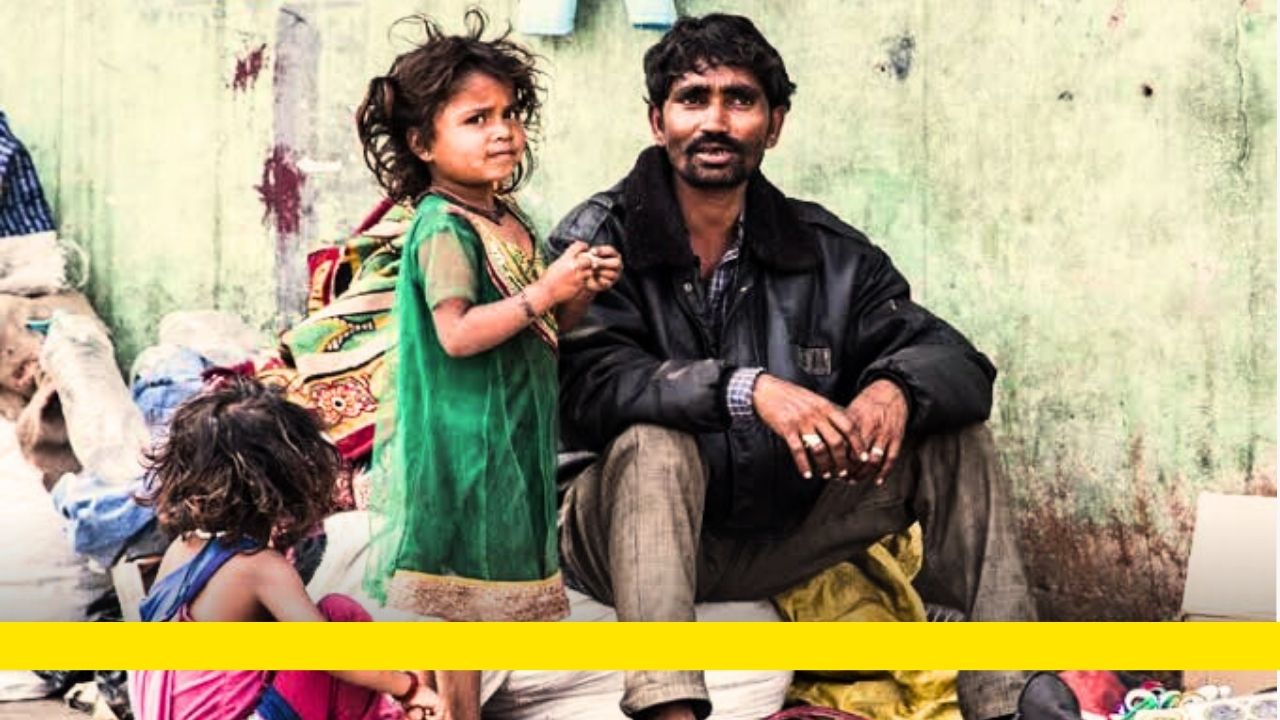


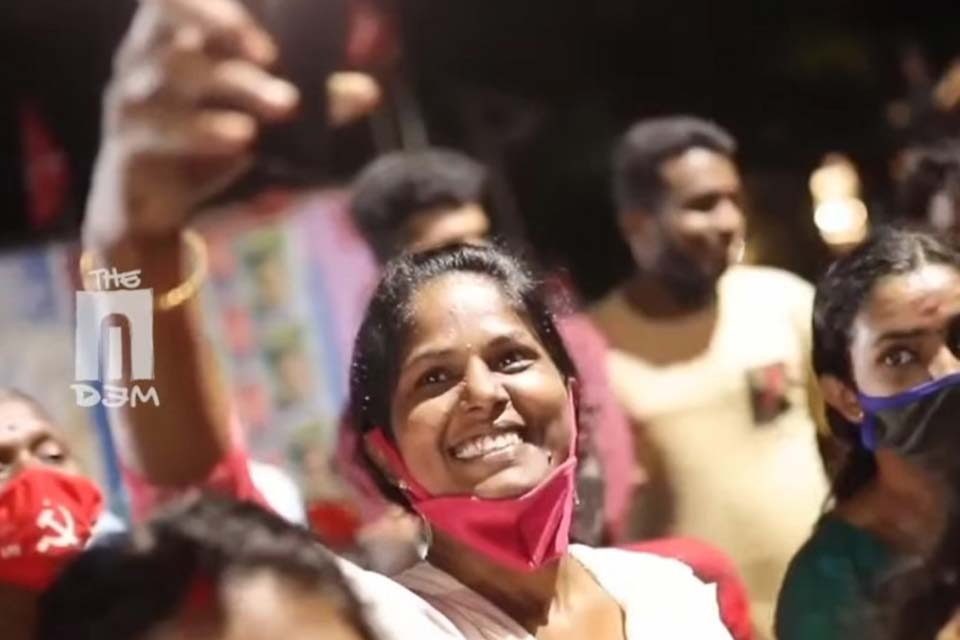

This is brilliant satire and deserves to be read widely.